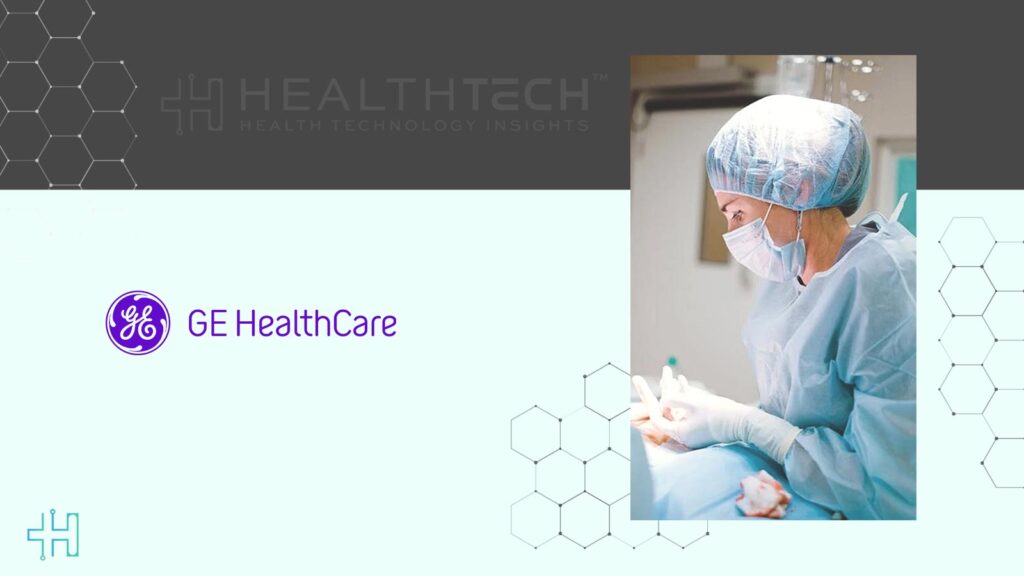The companies plan to co-develop solutions that support the integration of Raydiant Oximetry’s fetal pulse oximetry technology into GE HealthCare’s fetal monitoring and digital perinatal surveillance platforms that have a 60-year history of innovation and industry firsts.
GE HealthCare and Raydiant Oximetry, Inc. announced a joint development initiative to enhance fetal monitoring capabilities that could strengthen the support of clinical decision-making during labor. This effort leverages the combined expertise and technology of the two companies to advance fetal oxygen saturation monitoring technology with the goal of enhancing the detection of fetal distress during childbirth.
Health Technology Insights: PharmaSentinel Secures License Agreement with Pay10 for Medsii.com
Incorporating oxygen saturation into fetal monitoring can help improve measurements of fetal distress and enhance clinician confidence when making critical decisions during labor by providing a more comprehensive view of fetal well-being. Additionally, improving clinicians’ evaluation of fetal status may help reduce emergency cesarean section rates, which have been steadily increasing worldwide over the last few decades beyond levels considered medically necessary.
“We are enthusiastic about the potential of our fetal pulse oximetry technology to improve the identification of fetal distress and the opportunity to improve outcomes for mothers and babies during childbirth,” said Neil P. Ray, MD, Founder and CEO of Raydiant Oximetry. “GE HealthCare’s deep knowledge of the fetal monitoring space will help us advance this technology that aims to transform the standard of care in fetal monitoring.”
Raydiant Oximetry has developed fetal pulse oximetry solutions to improve the detection of fetal distress during childbirth by measuring fetal blood oxygen saturation. In initial preclinical and clinical studies, Raydiant Oximetry has demonstrated that fetal pulse oximetry could improve the sensitivity and specificity for detecting fetal distress during labor and delivery, and potentially reduce newborn neurological injury rates, emergency cesarean section delivery rates and healthcare costs associated with childbirth.
Health Technology Insights: Roche Invests $550 Million to Expand Indianapolis Diagnostics Hub
Raydiant Oximetry has received United States Food and Drug Administration (FDA) Breakthrough Device Designation for expedited review by the FDA, and FDA approval for an Investigational Device Exemption (IDE) to conduct an Early Feasibility Study (EFS) of 30 pregnant women during labor and delivery. The initiation of the GE HealthCare and Raydiant Oximetry effort follows the completion of the EFS IDE clinical study.
“Together with Raydiant Oximetry, we are proud to be at the forefront of this technology to help clinicians better manage the complexities of perinatal care,” said Larry Boyd, general manager, maternal infant care, GE HealthCare. “We are excited about the potential of this technology to complement our current perinatal portfolio and help us enable care that can support every pivotal moment in labor and delivery, for every family and baby.”
Through this initiative, the companies plan to co-develop solutions that support the integration of Raydiant Oximetry’s fetal pulse oximetry technology into GE HealthCare’s fetal monitoring and digital perinatal surveillance platforms. The terms of the agreement have not been disclosed.
Health Technology Insights: PRISM MarketView Spotlights Emerging Innovators for Mental Health Awareness Month
To participate in our interviews, please write to our HealthTech Media Room at sudipto@intentamplify.com
Source – businesswire


